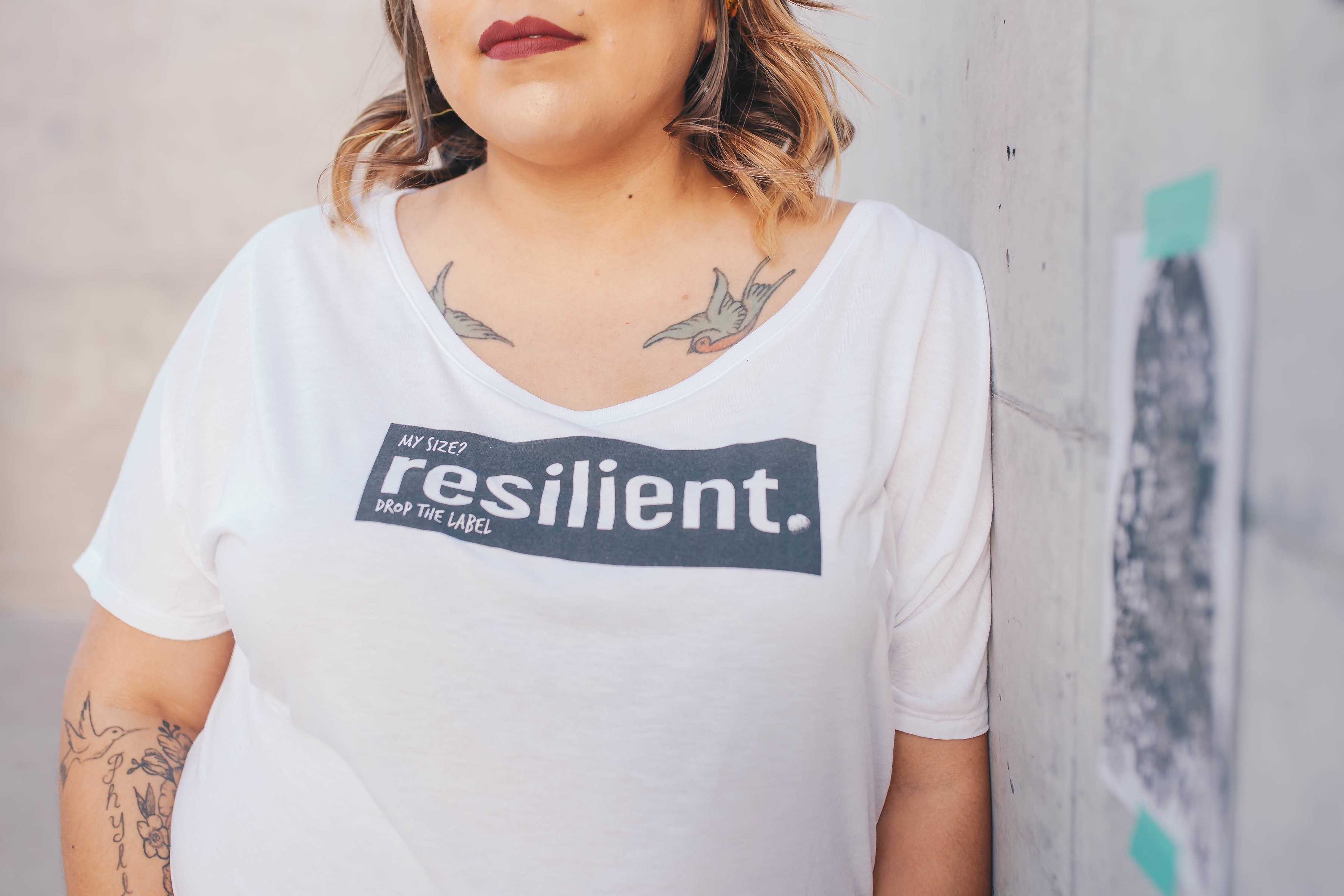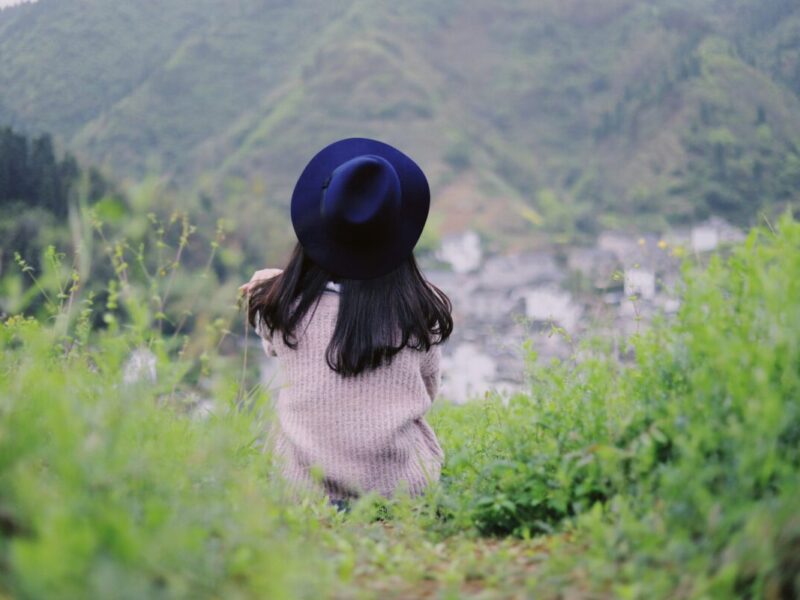Poetry and feminism have a natural connection. The art form has often been noted as a form of resistance and a powerful way to give voice to the oppressed. In an essay for the 2018 Best American Poetry anthology, which aims to represent overarching themes and trends in poetry throughout the year, editor Dana Gioia writes,
“Minority authors and audiences often share a conviction that literature and literacy are fundamental to the identity, advancement, and even survival of their communities. When creating your own literature becomes a life or death issue, different sorts of poetry emerge than what one commonly finds in an English department.”
This quote perfectly encapsulates how I feel about feminist poetry. When I read work by women poets, I become inspired to advocate against sexual assault, fight for reproductive rights, stand up to catcallers, and more. Coping with these issues in everyday life can feel scary and isolating, and feminist poetry gives me a soothing, blame-free space to process. It can also serve as a push to be more intersectional or to step into a different perspective. These five feminist poets, from Ancient Greece to the Women’s March, always knew the power of poetry and can help you to embrace it, too.
Sappho: Sappho lived on the Greek island of Lesbos in the B.C. era. Like her birth year—speculated to be around 615 B.C.—Sappho retains her mystery, continuing to inspire discussions on sexuality and poetic interpretations centuries later.
While the word “lesbian” originates from Lesbos and Sappho remains a queer icon, people still debate Sappho’s relationship history and how she would identify today. But for me, that’s not the point. Sappho’s work beautifully celebrates the love between women and homoerotica, while also contending with stigma. In one poem, Sappho expresses jealousy watching a man flirt with a woman she admires (still relatable today). And in “Ode to Aphrodite,” Sappho confides and finds solace in a female God,
Sarojini Naidu: Naidu lived from 1879 to 1949 and leveraged her poetry as political power. After publishing three books of poetry, Naidu realized that she could use her lyrical, deeply cultural verse as speeches and reach other Indian citizens. This resulted in her becoming president of the Indian National Congress in 1925. She also collaborated with Gandhi to fight Indian oppression in South Africa.
In “An Indian Love Song,” Naidu reflects on national turmoil but ultimately calls on pacifism as a solution. And in “In the Forest,” she writes what could still be the nuanced, persistent rallying cry of today’s feminist movement: “We are weary my heart, we are weary / … But we must rise, O my heart / … Let us gather the dreams that remain.”
Audre Lorde: No list of feminist poetry would be complete without this Harlem Renaissance voice. When I envision Lorde, I instantly see the famous picture of her beside the quote, “Women are powerful and dangerous.” Lorde’s poetry amplified this message and her courage.
In “A Litany for Survival,” Lorde acknowledges the many fears women may face, among them, hunger, loneliness, voiceless, unattained dreams, and motherhood. Reading this poem, which uses the word “afraid” nine times, makes me think about all the fears I’ve internalized as a woman. Lorde acknowledges this cycle, writing that we “learn to be afraid with our mother’s milk.” Yet she also offers a startling hope and call to action at the end of the poem: “So it is better to speak / remembering / we were never meant to survive.”
Patricia Lockwood: Lockwood began publishing her poems in The New Yorker and Poetry when she was in her early 20s. In 2011, the poet and memoirist joined Twitter, where she popularized “sext” poetry that intersected with comedy, gaining a spot on The Atlantic’s “Best Tweets of All Time” list.
But in 2013, Lockwood showed her ability to merge humor with serious subject matter when her poem “Rape Joke” went viral. With both funny lines like “OK, the rape joke is that he worshiped The Rock / Like the dude was completely in love with The Rock / He thought it was so great what he could do with his eyebrow” and devastating ones like “The rape joke is come on, you should have seen it coming. This rape joke is practically writing itself,” Lockwood keeps her audience on edge, unsure of if they are supposed to laugh or cry. Using the format of a “rape joke” to convey her own experience, Lockwood illustrates both the normalization of rape and how to challenge it.
Rupi Kaur: Kaur began posting her work on Instagram in 2014 and published Milk and Honey that same year. Since being re-published by Andrews McMeel Publishing a year later, the book has been on The New York Times’ bestseller list for over three years. In “mountains,” which garnered more than half a million likes on Instagram, Kaur writes,
“i want to apologize to all the women
i have called pretty
before i’ve called them intelligent or brave.”
Millennial women have found a connection with Kaur and her approachable work, voicing their own frustration, pain, and anger through her poems. Kaur’s words have appeared on signs at Women’s Marches around the country. At the 2019 March, one sign read, “you want to keep the blood and the milk hidden as if the womb and the breast never fed you,” a line from Kaur’s second collection, The Sun and Her Flowers. Though this represents today’s feminist poetry, Kaur’s themes circle back to the origins of feminist poetry—that we all came from women, and must continue to represent their beauty, their sacredness, and their fight for equality.




